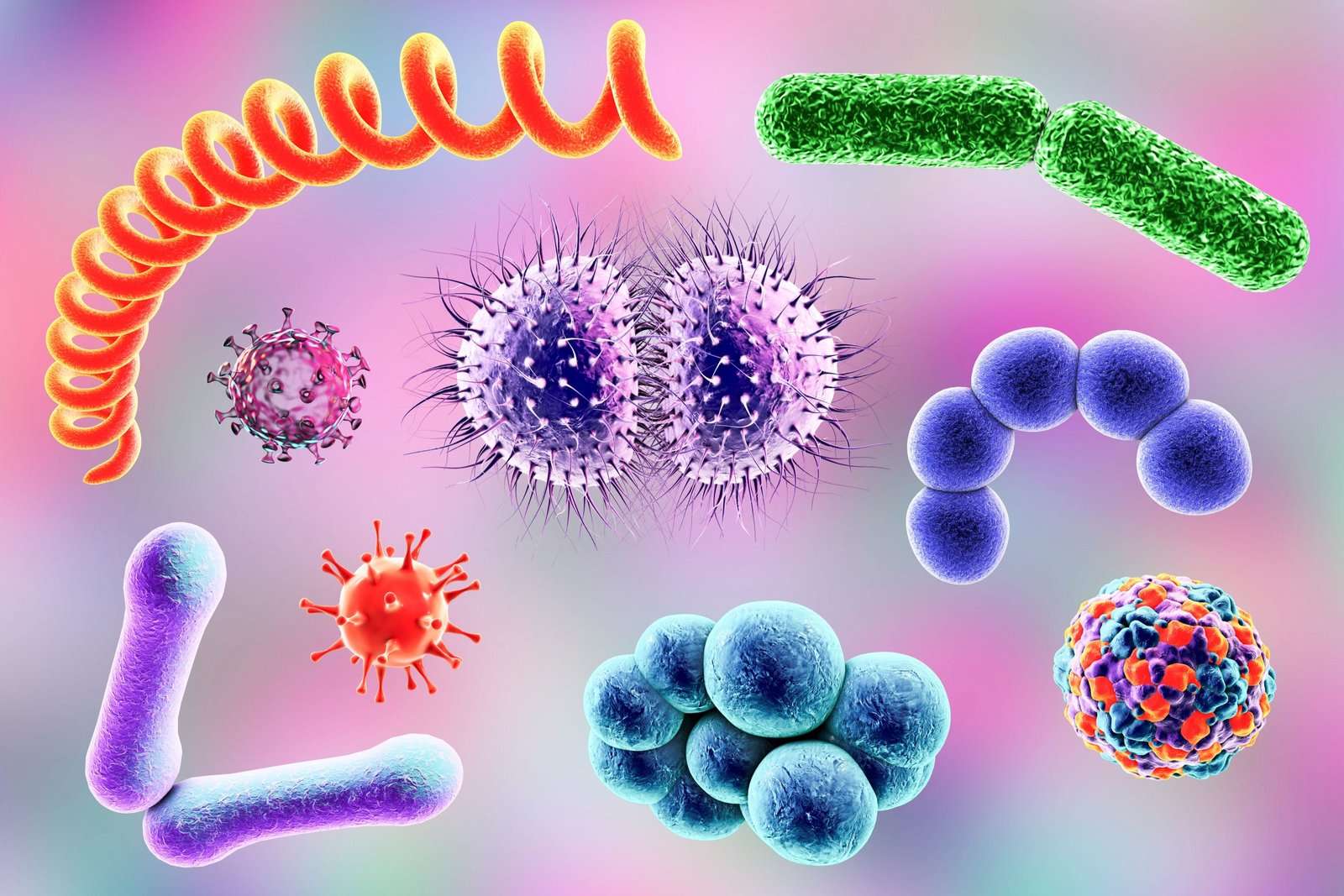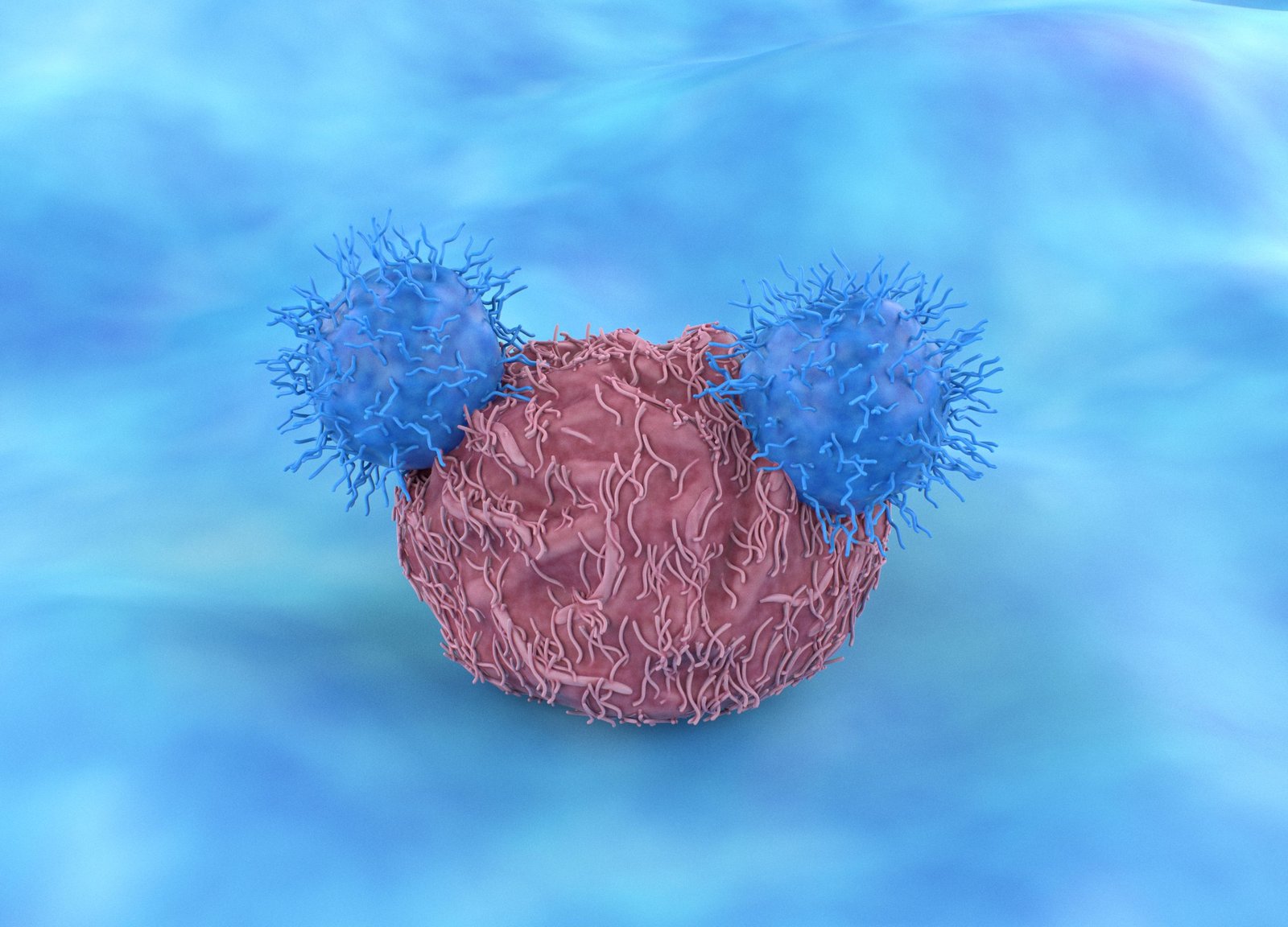A bottleneck to enabling widespread access to molecular diagnostics, especially in low- and middle-income countries, has been the high cost and complex logistics associated with rapid point-of-care tests. Now, a collaborative research effort headed by scientists at the Vienna BioCenter, and including the West African Center for Cell Biology of Infectious Pathogens (WACCBIP) at the University of Ghana, has addressed these challenges by developing a lyophilized (freeze-dried) open-source reverse transcription loop-mediated isothermal amplification (RT-LAMP) assay for pathogen detection.
The new RT-LAMP assay is built entirely from nonproprietary enzymes, including reverse transcriptase, DNA polymerase, and uracil DNA glycosylase. The choice of reagents was made to reduce the reliance on expensive commercial solutions that can be difficult to access in many parts of the world.
The new method, which the developers say achieved high sensitivity and 100% specificity when tested against the gold standard RT-qPCR for detecting COVID-19, could make molecular diagnostics for detecting pathogens more accessible and affordable globally.
“By making reliable pathogen detection both affordable and independent of complex logistics like cold chains, our protocols empower laboratories and public health institutions worldwide to take control of their diagnostic capabilities, especially during outbreaks,” said co-first author Martin Matl, a PhD student at the Institute of Molecular Biotechnology (IMBA), Vienna BioCenter.
Matl and colleagues reported on their development in Life Science Alliance, in a paper titled “A lyophilized open-source RT-LAMP assay for molecular diagnostics in resource-limited settings.” In their paper, the team concluded, “Overall, our open-source RT-LAMP assay provides a flexible and scalable point-of-care test that can be adapted for rapid detection of various pathogens in resource-limited settings … This work contributes to building global diagnostic equity by enabling accessible, reliable pathogen surveillance and outbreak response tools.”
In vitro nucleic acid testing is an essential tool for containing outbreaks of infectious viral diseases, the authors wrote. But molecular diagnostic testing can be linked to the use of proprietary reagents, creating a dependency on commercial solutions. “Although optimized to ensure robust performance, population-scale testing with commercial kits can be prohibitively expensive, especially for low- and middle-income countries that suffer from underinvestment in research and development,” the authors continued. “These countries also often have limited access to international supply chains for reagent distribution.”
RT-LAMP is a molecular diagnostic tool that has the potential to overcome many of the challenges of in vitro nucleic acid diagnostics, the team suggested. “As an isothermal DNA amplification technique, RT-LAMP enables rapid and sensitive detection of RNA and DNA templates without the need for sophisticated laboratory infrastructure.” And RT-LAMP assays are also compatible with colorimetric readouts, the investigators pointed out. Color change reactions indicating that the result is either positive or negative for the pathogen can be easier for laypersons to interpret without specialized equipment.
However, “Most commercially available RT-LAMP products to date contain proprietary, engineered enzymes and reaction components optimized to achieve high sensitivity and specificity,” the scientists further stated. “Such solutions may not be affordable for medical professionals in resource-limited settings, or in countries without local distribution partners.”
The colorimetric RT-LAMP assay developed by Matl and colleagues provides a flexible and scalable point-of-care test that can be adapted for rapid detection of various pathogens. “Central to our approach was the identification of nonproprietary enzyme components that provide robust, sensitive, and specific RT-LAMP–based detection of respiratory viruses, including but not limited to SARS-CoV-2,” the investigators stated. The assay, in addition, is also heat stable and robust, even when stored at ambient or elevated temperatures. This bypasses the need for a cold chain during transport and storage, a major logistical and financial hurdle for deploying diagnostic tools in remote or resource-limited settings.
![Researchers have developed an open-source reverse transcription loop-mediated isothermal amplification (RT-LAMP) assay that is lyophilized for heat stability and uses non-proprietary components, making it an affordable tool for pathogen detection in diverse settings. [©2025 Matl et al. Originally published in Life Science Alliance. https://doi.org/10.26508/lsa.202403167?PR]](https://www.genengnews.com/wp-content/uploads/2025/07/Low-Res_Matl-et-al-300x108.jpg)
The technology features a sample lysis/processing solution for direct testing that is on par with commercial formulations, and handles both swab and gargle samples with high sensitivity. The open-source nature means the enzyme mixture for RT-LAMP can be self-produced, offering sensitivity comparable to commercially available kits, the team maintains. The system also incorporates measures to protect against contamination, a significant consideration for non-laboratory environments.
As a proof of concept, the lyophilized RT-LAMP reaction mixes were shipped to WACCBIP in Ghana, and demonstrated performance comparable to results obtained in Vienna, where the assay was developed. “Our colorimetric lyophilized RT-LAMP assay performed comparably to commercial solutions, enabling sensitive detection across a range of environments and targets,” the team wrote. “By validating the system’s performance across diverse sample types and international settings, we demonstrate that the platform is both robust and suitable for field implementation.”
Added co-corresponding author Gordon A. Awandare, PhD, director of WACCBIP at the University of Ghana, “To support real-world adoption, we envision several implementation models, ranging from centralized production and distribution of lyophilized reagents to decentralized in-lab preparation by regional facilities. By validating the system’s performance across diverse sample types and international settings, we demonstrate that the platform is both robust and suitable for field implementation.”
In their paper, the team concluded, “We developed a simple, cost-effective RT-LAMP system for nucleic acid detection using nonproprietary enzymes, tailored for point-of-care diagnostics in resource-limited settings … Our protocols empower laboratories and public health institutions to produce and use diagnostic reagents largely independent of commercial supply chains. This is especially needed for outbreak scenarios that require rapid responses and implementation of test–trace–isolate containment strategies.”
The team has deposited E. coli expression vectors for the His-tagged versions of the three wild-type enzymes with Addgene and provides standard protocols for protein expression and purification on their website to further facilitate widespread adoption.
The post Rapid Pathogen Detection in Low-Resource Settings Using Open-Source RT-LAMP Assay appeared first on GEN – Genetic Engineering and Biotechnology News.




